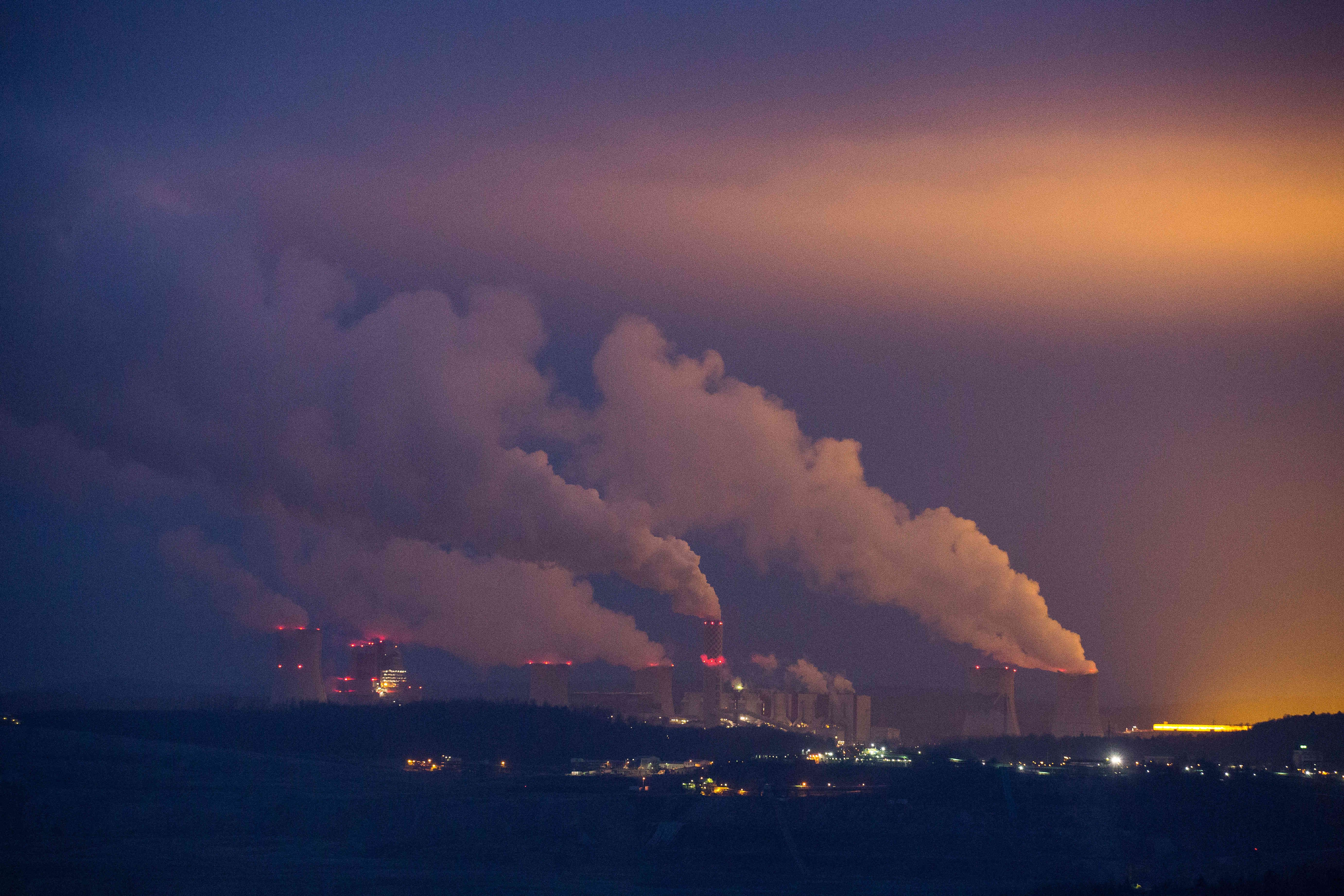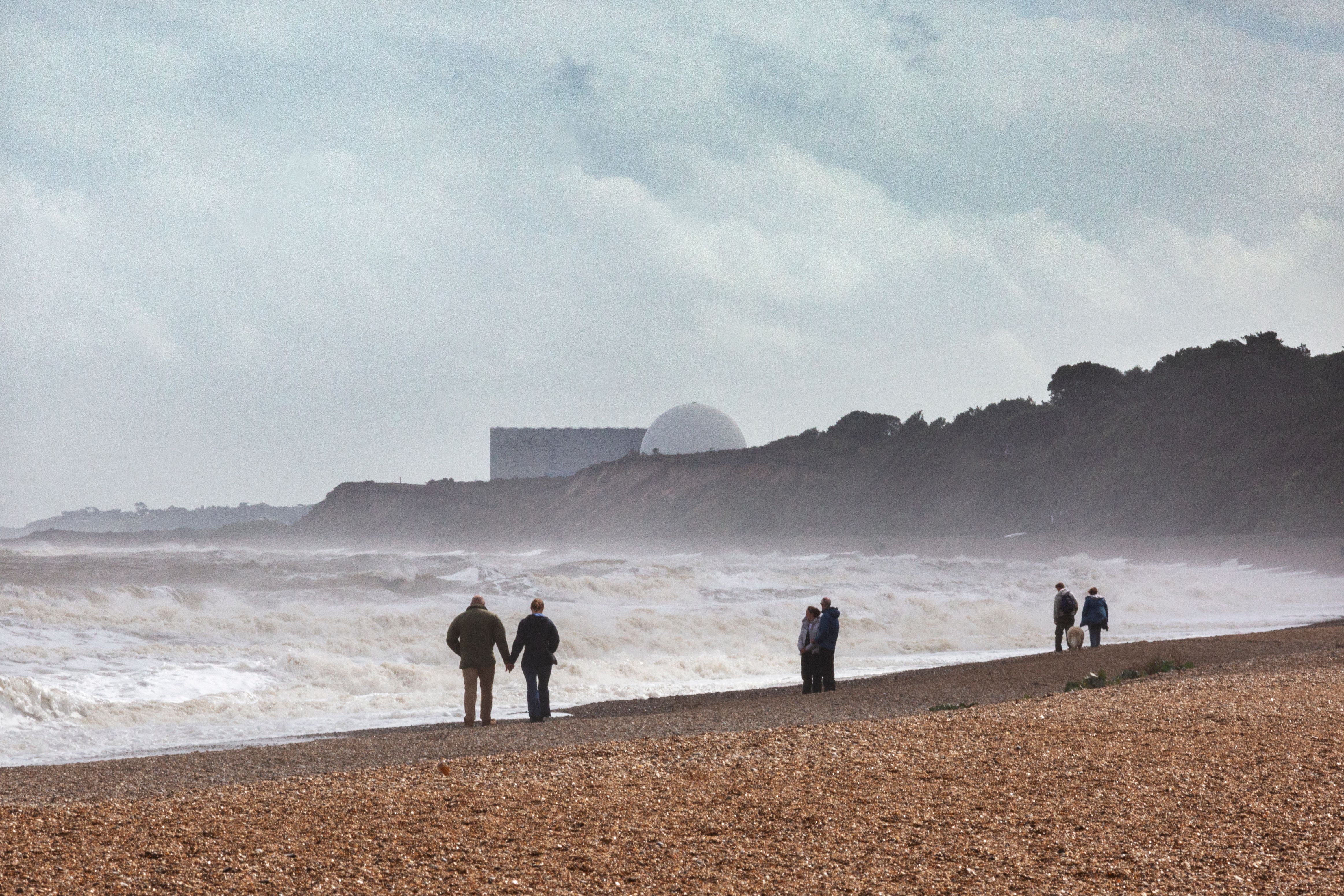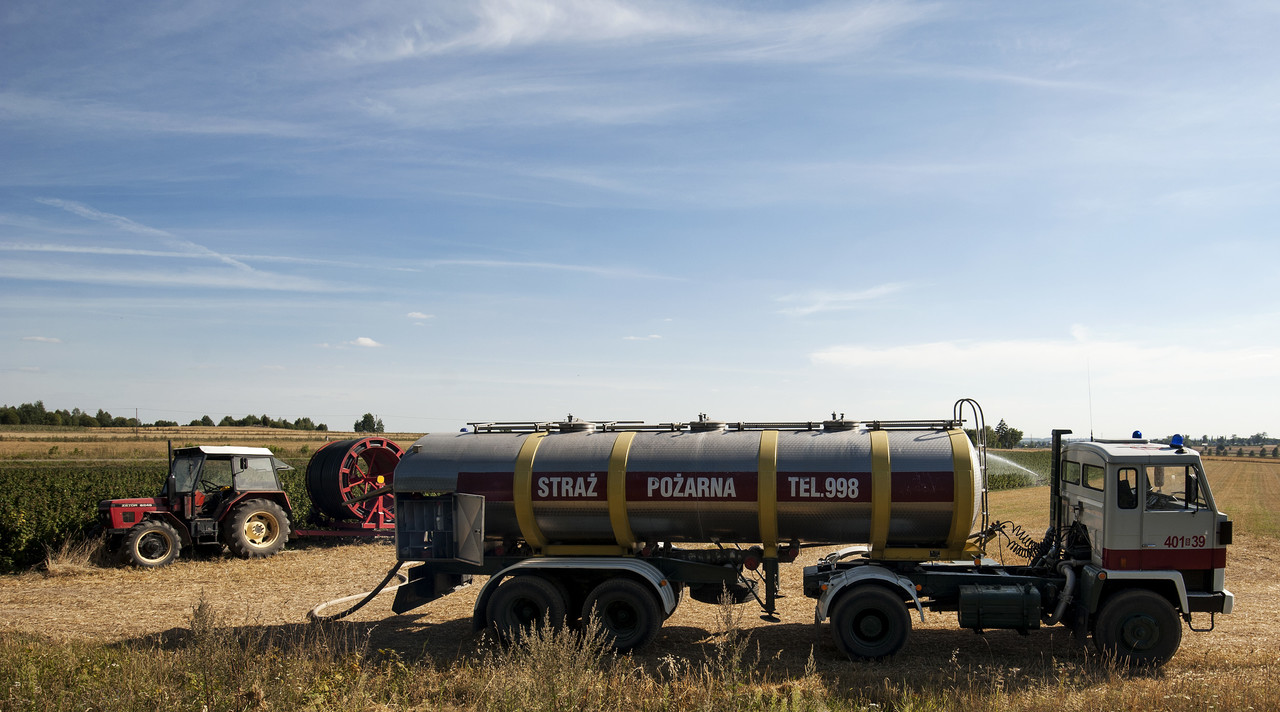Draft Nature Restoration Law Raises Controversy within the EU
The draft regulation on nature restoration (NRL) proposed by the European Commission (EC) is controversial among the EU Member States, MEPs, food producers, and others. If adopted, it would, in the long term, contribute to the effective implementation of the European Green Deal (EGD), the EU’s plan to achieve climate neutrality by 2050. The challenge, however, will be to mitigate the negative impacts of the NRL, including on food security, which may become apparent much faster than the benefits of the act.
.jpg) Marek Radzikowski / Forum
Marek Radzikowski / Forum
More than 80% of the EU’s habitats (areas with characteristic plants and animals) are currently in poor condition and safeguarding of 63% of protected species is inadequate. The proposed restoration of the natural environment, including reforestation, restoration of wetlands, rivers, grasslands, marine ecosystems, and the species that inhabit them, is necessary to effectively combat climate change and prevent natural disasters. At the same time, biodiversity enhances food security; it improves crop resistance to pests, diseases, and climate change. It is also important for economic development; the state of nature affects more than half of the global GDP, and the EU estimates that every euro invested in nature restoration pays back between 8 and 38 euro.
Context of the Proposal
The basis for the protection of habitats and certain species at the EU level is the so-called Habitats Directive from 1992 and the Birds Directive from 2002. These were key to the creation of the Natura 2000 network, but are now outdated and insufficient for nature conservation. They are supplemented by individual biodiversity strategies adopted by EU countries, based on general and voluntary commitments. This is not conducive to the implementation of the EGD, the objectives of which are also not adequately taken into account in the Common Agricultural Policy (CAP). The strategies developed by states within its framework place more importance on farm financing than on improving environmental quality, and how to protect the environment remains broadly formulated and legally non-binding. For example, the use of eco-schemes—increased subsidies in return for applying pro-environmental measures—is voluntary and, for example, has been broadly adopted in Slovakia but has not interested farmers in Germany.
Last June, the EC proposed a draft regulation on nature restoration, which is one of the key elements of the EGD and part of the 2030 EU Biodiversity Strategy . If adopted, it will become the first act to impose specific obligations on EU members to permanently restore and protect biodiversity. Under it, at least 20% of the EU’s marine and land ecosystems, including urban areas, are to be restored by 2030, and all those that require it by 2050. For this to happen, within two years of the NRL coming into force, EU Member States are to notify national restoration plans to the EC.
Supporters and Opponents
The draft regulation was supported by 19 EU Member States and most of the left and liberal groups in the European Parliament (EP): Socialists and Democrats, the Left in the EP, the Greens and part of Renew Europe. They stress that the proposal should be assessed from the perspective of the benefits for agriculture, including building resilience to natural disasters and improving land and water quality. Multinational corporations such as Danone, Unilever, Nestlé, and Coca-Cola, among others, have also come out in favour of the NRL as a profitable solution for business (e.g., by increasing food production in the EU in the long term). The project was also supported by, among others, financial institutions and an association of European local authorities.
The draft regulation also has many opponents. Farmers are dissatisfied with the lack of a specified budget for the implementation of the NRL and the imposition of new obligations on them despite the fact that they are in a difficult situation due to Russia’s aggression against Ukraine and the increase in energy prices. Business representatives, on the other hand, claim that the NRL will limit land for investment, including for the construction of infrastructure related to the energy transition. Although the implementation of the EGD as one of the Commission’s priorities means the project is important to its president, Ursula von der Leyen, her group in the EP, the European People’s Party, opposes the NRL. It criticises the proposal as potentially reducing the area of land for farming and food security. Similar positions have been taken by right-wing parties (European Conservatives and Reformists, Identity and Democracy) and around a third of Renew Europe MEPs (mainly from the Netherlands, Germany and Scandinavian countries). Among the EU countries opposing the NRL are Poland, Italy, Finland, the Netherlands, and Belgium. In addition to concerns about the interests of farmers and foresters, they point to the NRL’s supposed incompatibility with the protection of private property, land-use plans, and renewable energy projects. They are also worried about the transfer of further competences to the EC (in controlling the progress of nature restoration), the costs of implementing the NRL and its impact on construction investments. However, opponents of the NRL stress that the proposed regulation is needed, although the draft should be thoroughly revised, while supporters of the act point out the need for more support for farmers if it is adopted.
Legislative Process
In June this year, EP committees (Agri, Pech, Envi) tabled more than 2,500 amendments to the draft. Due to insufficient support for the act at the committee level, the EP submitted for voting in plenary on 12 July the rejection of the proposed regulation. Although such a decision was ultimately not taken (324 votes in favour of the NRL and 312 against), the EP made far-reaching changes to the draft, which, according to NGOs and others, significantly lower its ambition. For example, the EP rejected provisions on the restoration of agricultural land. It also proposed to make the application of the NRL conditional on the EC’s proposal to ensure food security and to postpone the deadlines for achieving the objectives set out in the event of exceptional socio-economic consequences.
The next stage of work on the NRL will be the trilogue between the EP, EC, and Council scheduled for this autumn. The Commission had initially envisaged its adoption for 2024, while the Spanish Council presidency is pushing for action at its earliest convenience (the NRL is among its priorities) and possible refinement of the act later. However, in light of the EP elections scheduled for June 2024, this is unlikely to happen, especially given the large divisions among MEPs. These can be seen, among others, in the differences in the positions they have adopted (notably Renew Europe) and the calls from the Conservatives for further environmental regulations to be dropped before the election.
Conclusions and Perspectives
Effective implementation of the Green Deal is not possible without the NRL, as climate change is closely linked to environmental degradation. Habitat and wildlife restoration will be a time-consuming process, the results of which will not be immediately visible. For example, 2030 and 2050 are deadlines for taking action, not for achieving results.
At the same time, the swift adoption of an act that will lead to an improved environment will be a challenge for the EU institutions. Although they generally agree that it is needed, they take different positions on the scope of the restoration, the potential risks and the timing of the legislation. The controversy surrounding the NRL stems from an assessment of the proposed regulation from the perspective of either its long-term benefits (combating climate change) or its rapidly emerging threats, including to food security and the energy transition, particularly relevant in the context of the upcoming EP elections.
Although a return to solutions as ambitious as those proposed by the EC is unlikely, for the implementation of NRL it is necessary to seek constructive answers to the concerns expressed, such as greater support for farmers in financing changes. In view of the divided opinions on the proposal in the Council and the EP, the Commission may play an important role in this respect, although it will be particularly difficult for its president, who does not have the support of her political group on this issue. In the case of Poland, the possible adoption of the act may be particularly evident in improving the condition of rivers (e.g., by inventorying dams and other barriers) and wetlands, and greening cities, but the challenge will be how to include and manage farmers’ interests.





